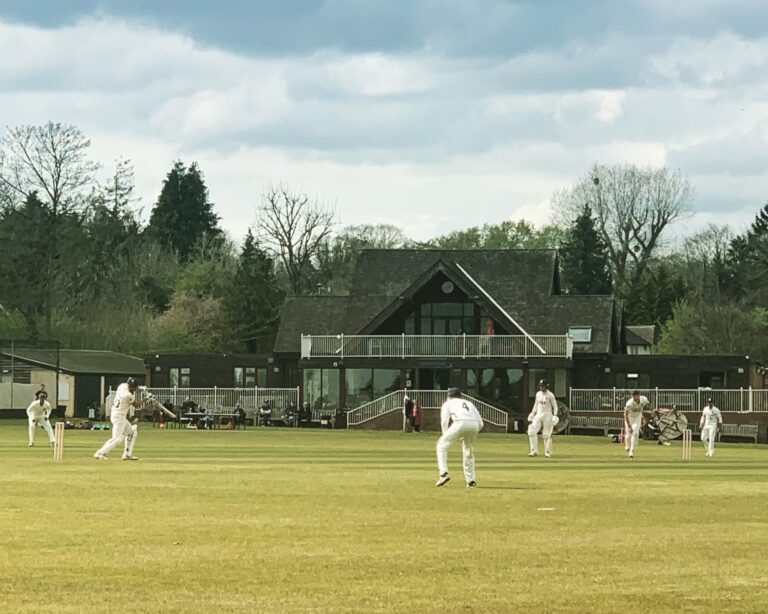Mastering the Game: Top 10 Training Tips for Athletes
Achieving peak performance in sports requires more than just natural talent. It demands dedication, strategic training, and the right resources. Whether you’re a seasoned athlete or just starting, platforms like Gbet and Betbook250 can provide valuable tools and opportunities to enhance your training regimen. These resources, combined with the following top 10 training tips, will help you elevate your game to the next level.
1. Set Clear Goals
Setting clear, achievable goals is fundamental to any training regimen. Goals provide direction and motivation, helping you stay focused and committed. Whether you’re aiming to improve your speed, increase strength, or enhance endurance, defining your objectives will guide your training sessions and measure your progress.
Break Down Your Goals
Instead of setting a broad goal like “get better at running,” break it down into specific, measurable targets such as “increase my 5K time by two minutes in three months.” This approach makes your goals more attainable and allows you to track your improvements effectively.
Stay Flexible
While it’s essential to have goals, it’s equally important to remain flexible. Life is unpredictable, and sometimes you may need to adjust your objectives based on your progress or unforeseen circumstances. Being adaptable ensures that you stay on track without feeling overwhelmed.
2. Develop a Structured Training Plan
A well-structured training plan is crucial for consistent progress. It outlines your workouts, rest days, and specific exercises tailored to your sport. A good plan balances intensity and recovery, preventing burnout and reducing the risk of injuries.
Incorporate Variety
Incorporate a variety of exercises into your training to target different muscle groups and improve overall performance. This includes strength training, cardiovascular workouts, flexibility exercises, and sport-specific drills. Variety keeps your workouts interesting and ensures comprehensive development.
Schedule Regular Assessments
Regular assessments help you evaluate your progress and make necessary adjustments to your training plan. Whether it’s through timed runs, strength tests, or skill evaluations, tracking your performance provides valuable insights into what’s working and what needs improvement.
3. Prioritize Nutrition and Hydration
Fueling your body with the right nutrients is as important as your training itself. Proper nutrition supports muscle growth, energy levels, and overall health, enabling you to perform at your best.
Balanced Diet
Maintain a balanced diet rich in proteins, carbohydrates, healthy fats, vitamins, and minerals. Proteins aid in muscle repair, carbohydrates provide energy, and fats support various bodily functions. Incorporate a variety of fruits, vegetables, lean meats, and whole grains into your meals.
Stay Hydrated
Hydration is critical for optimal performance. Dehydration can lead to fatigue, decreased coordination, and impaired decision-making. Ensure you drink plenty of water throughout the day, especially before, during, and after workouts.
4. Focus on Recovery
Recovery is an integral part of any training program. It allows your body to repair and strengthen, reducing the risk of injuries and enhancing performance.
Get Adequate Sleep
Sleep is when your body undergoes most of its repair processes. Aim for 7-9 hours of quality sleep each night to support muscle recovery, cognitive function, and overall well-being.
Incorporate Rest Days
Include rest days in your training schedule to give your muscles time to recover. Active recovery, such as light stretching or yoga, can also be beneficial in promoting blood flow and reducing muscle stiffness.
5. Utilize Technology and Resources
Leveraging technology and available resources can significantly enhance your training effectiveness. Tools like fitness trackers, training apps, and online platforms provide valuable data and support.
Analyze Performance Data
Use technology to track your performance metrics such as speed, distance, heart rate, and more. Analyzing this data helps you identify strengths and areas for improvement, allowing you to tailor your training accordingly.
6. Mental Training and Focus
Mental strength is just as important as physical prowess. Developing mental resilience, focus, and a positive mindset can greatly influence your athletic performance.
Practice Visualization
Visualization techniques involve imagining yourself performing at your best. This practice can enhance confidence, improve focus, and prepare you mentally for competitions or challenging training sessions.
Manage Stress
Learn to manage stress through techniques like meditation, deep breathing exercises, or mindfulness. Reducing stress levels can improve concentration, decision-making, and overall performance.
7. Strength and Conditioning
Building strength and conditioning is essential for enhancing athletic performance and preventing injuries. A balanced strength program targets all major muscle groups and improves overall body mechanics.
Functional Training
Incorporate functional training exercises that mimic the movements specific to your sport. This approach enhances coordination, balance, and agility, translating directly to better performance on the field or court.
Progressive Overload
Gradually increase the intensity, volume, or resistance in your strength training to continuously challenge your muscles. Progressive overload stimulates muscle growth and increases overall strength over time.
8. Flexibility and Mobility
Maintaining flexibility and mobility is crucial for optimal movement and injury prevention. Regular stretching and mobility exercises ensure that your muscles and joints function efficiently.
Dynamic Stretching
Incorporate dynamic stretching into your warm-up routine to prepare your muscles for activity. These movements increase blood flow and range of motion, enhancing performance and reducing injury risk.
Static Stretching
After training, perform static stretching to relax your muscles and improve flexibility. Holding stretches for 20-30 seconds can help in muscle recovery and reduce soreness.
9. Consistent Practice and Skill Development
Consistent practice is key to mastering the skills required in your sport. Regularly honing your techniques ensures that you perform them efficiently and effectively under pressure.
Focus on Fundamentals
Never overlook the fundamentals. Mastering basic techniques provides a strong foundation upon which you can build more advanced skills. Consistent practice of fundamentals leads to better overall performance.
Seek Feedback
Seek feedback from coaches, peers, or even through video analysis. Constructive criticism helps you identify areas for improvement and refine your techniques for better results.
10. Stay Motivated and Enjoy the Journey
Maintaining motivation is essential for long-term success. Finding joy in your training and celebrating your achievements keeps you committed and passionate about your sport.
Set Short-Term Milestones
In addition to long-term goals, set short-term milestones to celebrate incremental progress. Achieving these smaller targets provides a sense of accomplishment and keeps you motivated.
Connect with a Supportive Community
Surround yourself with a supportive community of fellow athletes, coaches, and mentors. Sharing experiences, challenges, and successes fosters a positive environment that encourages continuous improvement.




